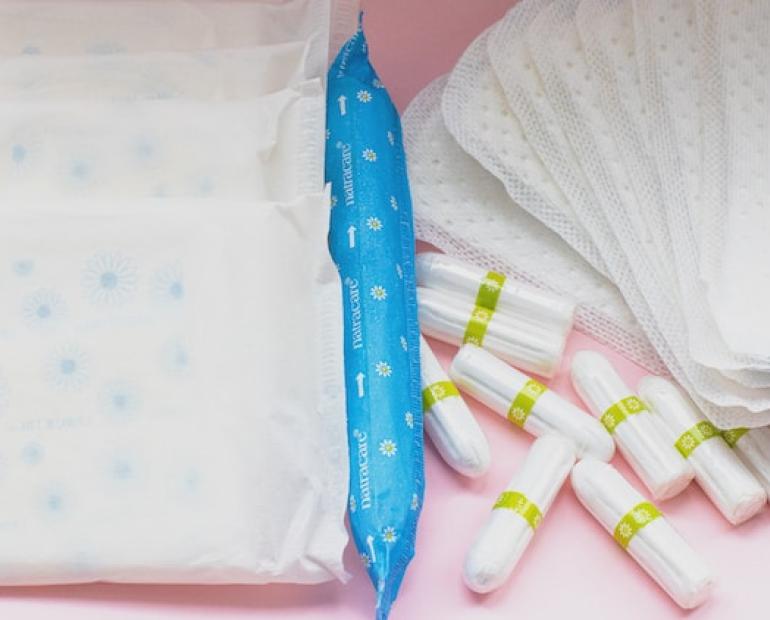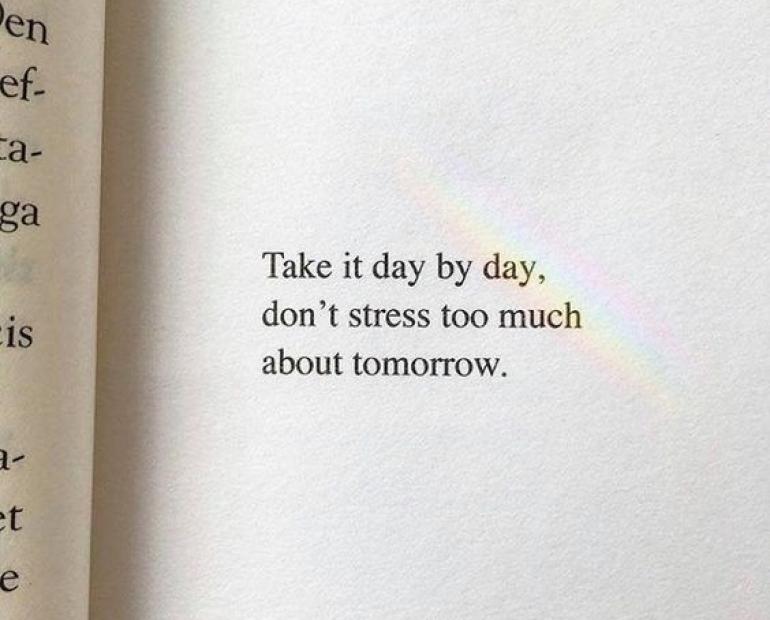
For a long time, the socially accepted beauty standard looked like this: blond hair, blue eyes, pale skin, and legs with a noticeable gap in between them.
Victoria Secret angels, runway models, and TV ads plastered this image of perfection to the American public for decades. With the rise of social media, it seems that these images are nonetheless inescapable. Lately, however, it seems that women are starting to push back on this type of marketing.
While certainly not the only culprit, this type of unrealistic beauty standard that is largely still being advertised adds to feelings of self pity, low self esteem, and issues with body image. Women compare themselves to models and celebrities and feel pressure to fit into what is garnering likes and praise. Photos of dramatic weight-loss journeys are hailed and niche communities such as the Pro-Ana (short for anorexia) movement on sites like Tumblr enable toxic and unhealthy methods of achieving these losses. I have seen first hand how pictures of underweight models and photoshopped ads can cause a young girl to tweet about how much she wants to lose weight, even if she is at an already healthy size.
I have also seen people being very uplifting of others and supporting the inclusion of all body shapes and sizes. Hashtags such as “self love” and “body positivity” are used to share photos of women who might not fit these traditional beauty standards. I have seen fitness bloggers share photos of their posed instagram photos next to more candid shots of their natural bodies. The point of all of this is to remind women that the media is not a realistic representation of human bodies. Even the models do not look like the models.
It is okay to have acne, discoloration, or wide hips. It is also okay to have a disability, or be a person of color, or someone with visible disfigurement. I think movements like this are incredible. As I mentioned before, I have seen how the media can truly destroy self esteem. I have had friends text me about how much they want a nose job or how they wish they were skinny with a photo of a bikini-clad Instagram model attached. These friends are usually a size small already. Encouragement like this is doing so much to spread ideas about self love and acceptance.
Recent studies have suggested that the body positivity movement has helped individuals feel more positively about themselves (Drake) When movements such as this are cutting back on harmful marketing and instead, promoting inclusion across genders, races, and body types, how could one object?
Drake, Victoria (2018). "The Impact of Female Empowerment in Advertising". Media Report to Women; Coltons Point: 12–17, 23.






